June 24, 2015
Construction work completes on UK’s greenest commercial building
 Morgan Sindall has completed construction of what is claimed to be the UK’s greenest commercial building, the Enterprise Centre at the University of East Anglia. The building boasts record-breaking sustainability credentials including both BREEAM Outstanding and Passivhaus accreditations. It has been designed to maximise the use of low embodied carbon materials over a projected 100-year life span. The building incorporates an innovation lab, a 300-seat lecture theatre, flexible workspaces, teaching and learning facilities, as well as business ‘hatcheries’ and incubator units for small businesses and start-ups in the low carbon sector. The developers believe that by placing like-minded academic and private sector occupiers side by side, the centre will foster innovation, stimulate smarter ways of working, promote industry standards and create new sustainable supply chains.
Morgan Sindall has completed construction of what is claimed to be the UK’s greenest commercial building, the Enterprise Centre at the University of East Anglia. The building boasts record-breaking sustainability credentials including both BREEAM Outstanding and Passivhaus accreditations. It has been designed to maximise the use of low embodied carbon materials over a projected 100-year life span. The building incorporates an innovation lab, a 300-seat lecture theatre, flexible workspaces, teaching and learning facilities, as well as business ‘hatcheries’ and incubator units for small businesses and start-ups in the low carbon sector. The developers believe that by placing like-minded academic and private sector occupiers side by side, the centre will foster innovation, stimulate smarter ways of working, promote industry standards and create new sustainable supply chains.






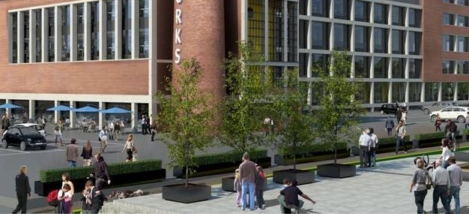
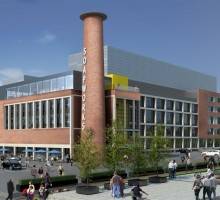
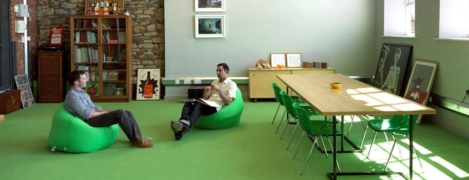
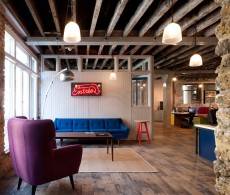






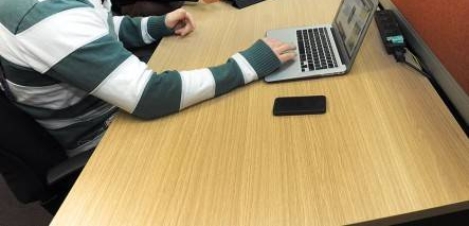
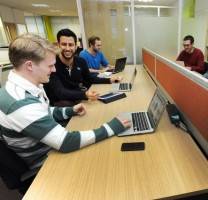














June 25, 2015
Long distance commuting, agile working and dinosaur extinction in the UAE
by Douglas Langmead • Cities, Comment, Flexible working, Property
(more…)